Along with LSD, marijuana, and MDMA, magic mushrooms have been a mainstay in the drug repertoire of the counterculture.
Powered by the active ingredient psilocybin, magic mushrooms create audio and visual hallucinations, feelings of euphoria, unbridled laughter, and a dreamlike state of consciousness.
The drug can take users on an internal journey filled with deep spiritual and psychological revelations.
Magic mushrooms have also been known to make the Grateful Dead's 1977 show in at Cornell University even more epic.
Unfortunately, in 1970, the U.S. government decided that magic mushrooms carried a "high risk of abuse" so psilocybin was placed in the restrictive Schedule I category, making it illegal.
So much for living in the land of the free.
RELATED: Another research study proves what we already knew: Deportations have no affect on crime
However, these days, serious medical studies have shown the drug to work wonders for people with anxiety, depression, and end of life stress, so the movement to legalize the drug has been growing.
A study published in Science Direct found that psilocybin is very effective at reducing symptoms in people with treatment-resistant depression. It also shows that psilocybin can help people become more optimistic and its effective way to treat addiction to tobacco and alcohol.
People who used psychedelics have lower rates of psychological distress and suicidality than those who used no psychedelics, but an equivalent amount of drugs
Kerry Pappas gave a powerful testimony on "60 Minutes" on how psilocybin made her feel comfortable living with lung cancer.
During her trip she saw "An ancient, prehistoric, barren land… there's these men with pickaxes, just slamming on the rocks," she told Anderson Cooper on "60 Minutes." "I was being shown the truth of reality. Life is meaningless. We have no purpose."
RELATED: 12 'paranoid' thoughts people with depression can have
"I look and I'm still like a witness with the eyes, a beautiful, shimmering bright jewel and then it was sound… booming, booming, booming. Right here right now. Yes, you are alive. Right here. Right now. Because that's all you have," she told Cooper.
Roland Griffiths, of Johns Hopkins University, is a pioneer in psychedelic research, and has been studying the drugs effects for the past two decades.
"The red light started flashing. It's unprecedented – the capacity of the human organism to change. It just was astounding," he told "60 Minutes."
If not for the drug war, our understanding of the power of psychedelic drugs such as psilocybin would probably be far more advanced than it is currently. But it's beginning to look like psilocybin may be decriminalized in a similar way that marijuana has over the past two decades.
Back in May, voters in Denver, Colorado narrowly decided to decriminalize the natural psychedelic and the Oakland, California city council did the same the next month.
Next year, Oregon voters will decide on the Psilocybin Service Initiative that could create a licensed psilocybin therapist industry and reduce penalties for growing or ingesting the substance.
The floodgates are about to be opened for psilocybin and it's about time. There's no reason why the state should tell us what we can or cannot in our bodies, let alone a substance that's proven to have incredible mental health benefits.







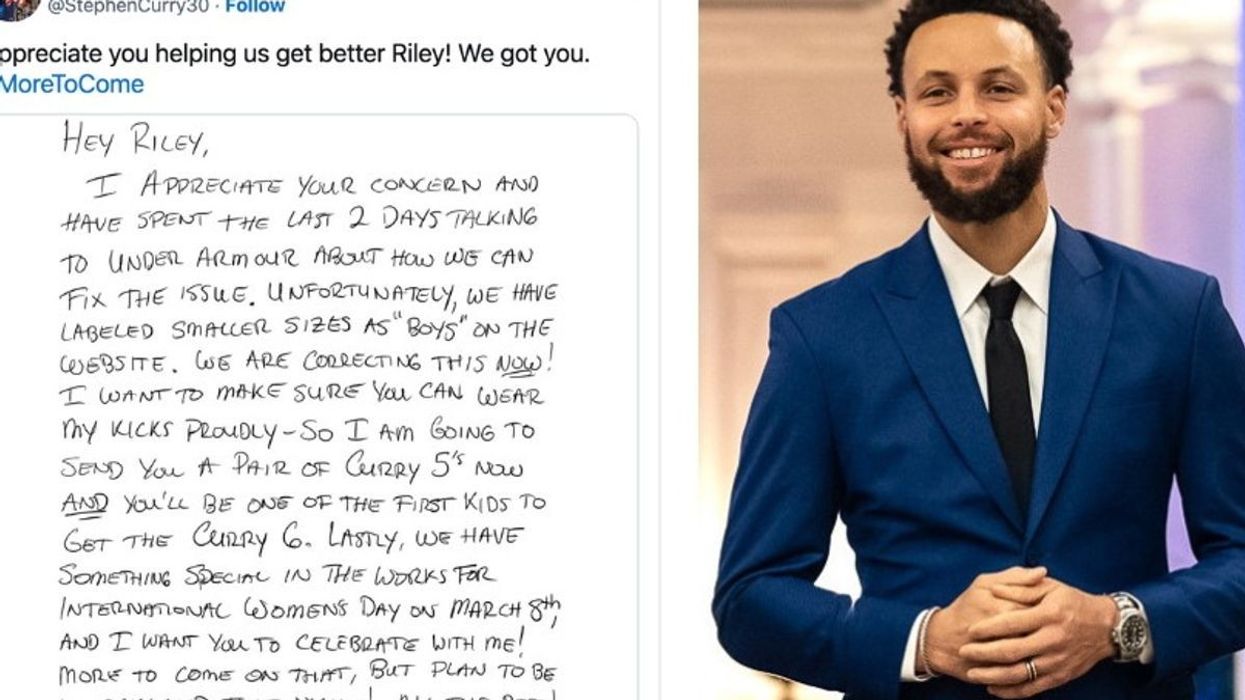



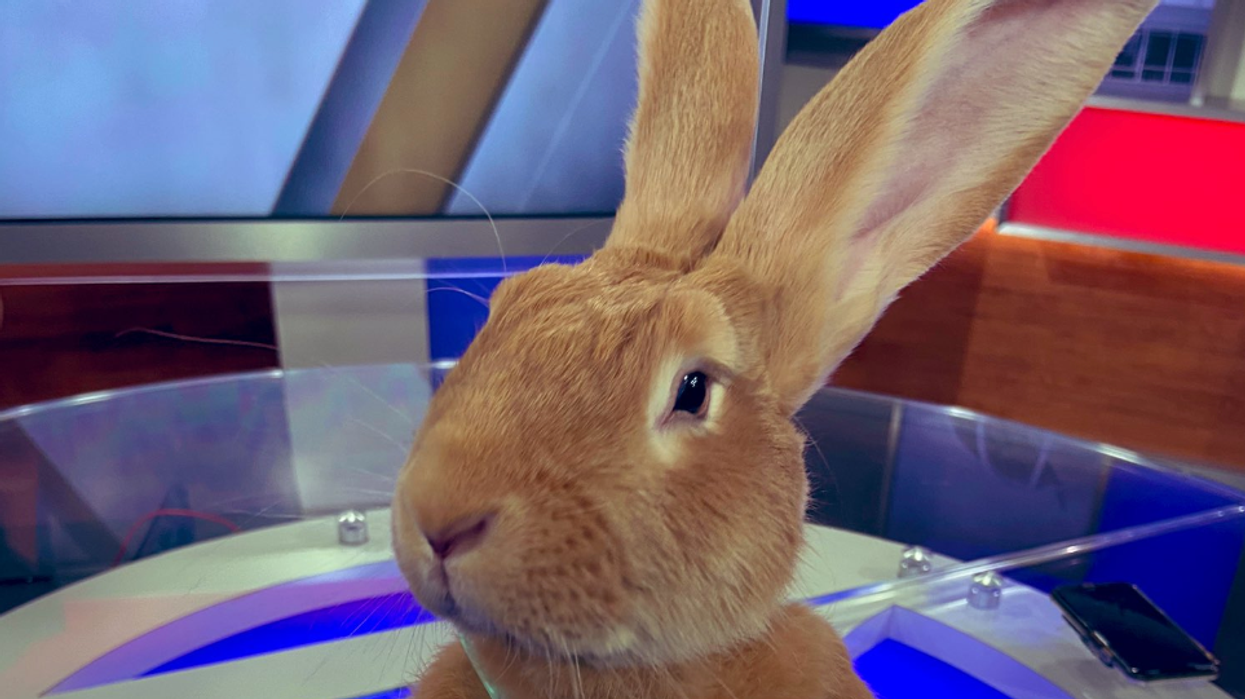



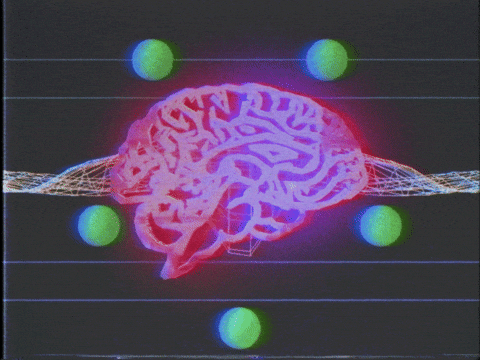 Big Brain GIF by Jay Sprogell
Big Brain GIF by Jay Sprogell
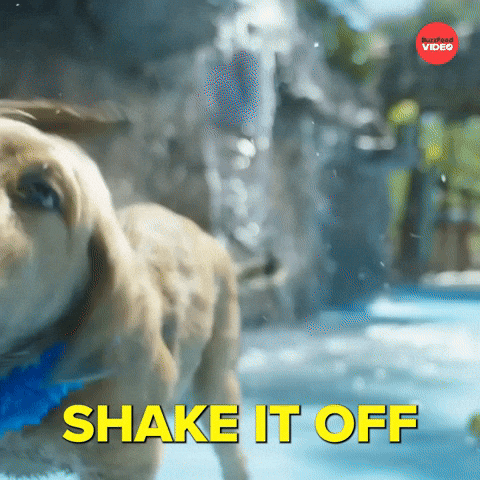 Shake It Off Wet Dog GIF by BuzzFeed
Shake It Off Wet Dog GIF by BuzzFeed
 Working out with friends also makes exercise more enjoyable (and feel quicker).Photo credit: Canva
Working out with friends also makes exercise more enjoyable (and feel quicker).Photo credit: Canva
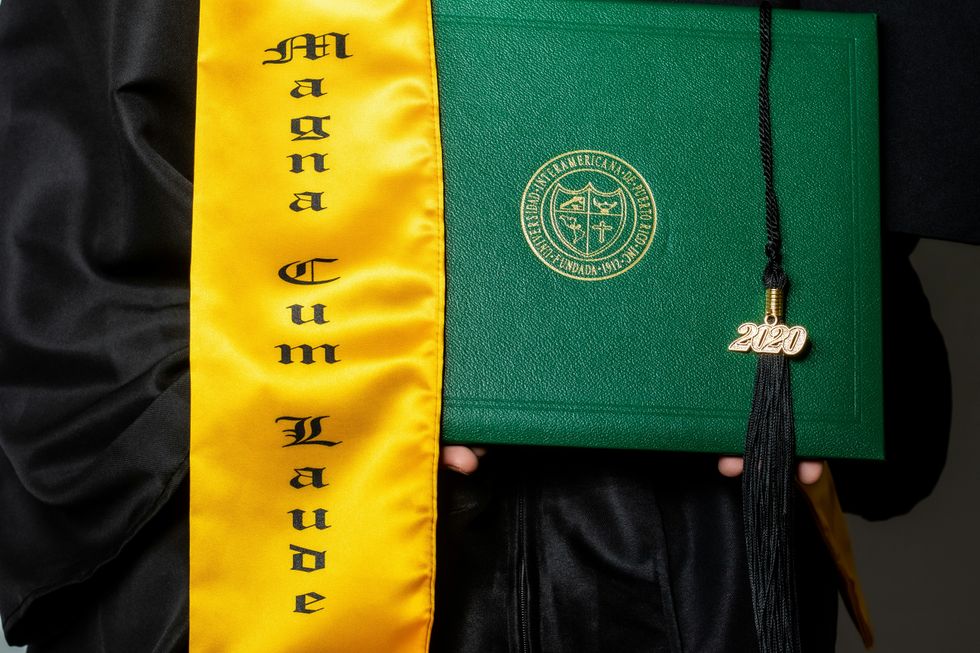 People with Imposter Syndrome can't accept their achievements.
Photo by
People with Imposter Syndrome can't accept their achievements.
Photo by 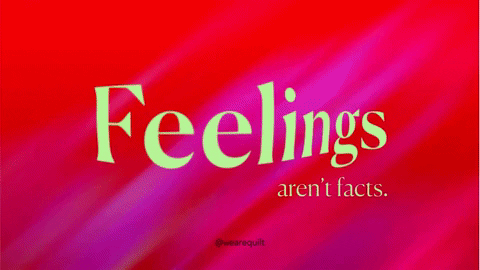 Emotion Feeling GIF by Quilt
Emotion Feeling GIF by Quilt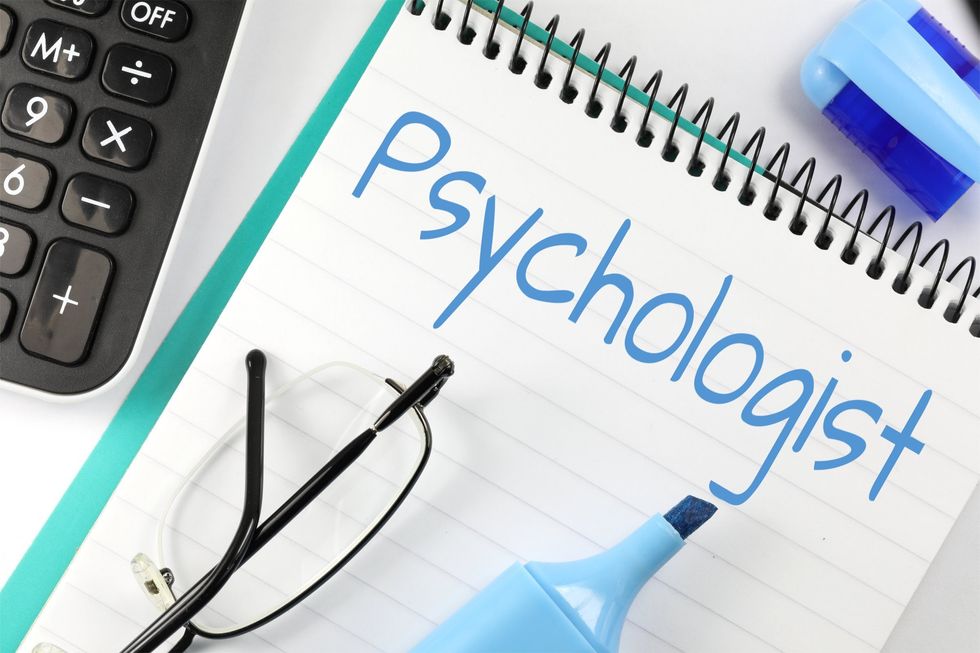 Psychologist - Free of Charge Creative Commons Notepad 1 image
Psychologist - Free of Charge Creative Commons Notepad 1 image
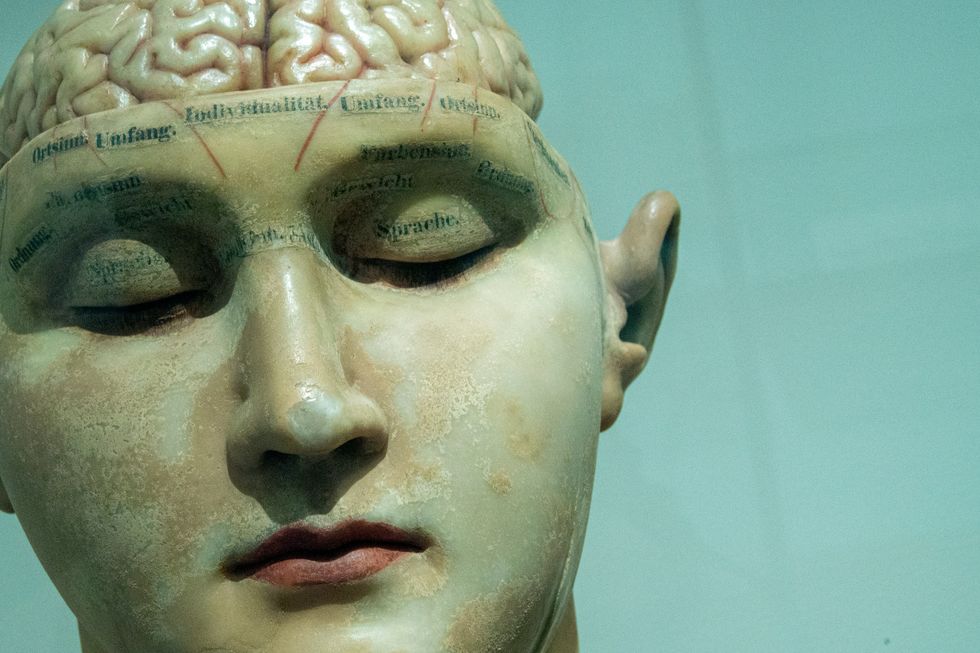 Human anatomy model.
Photo by
Human anatomy model.
Photo by 
 Socks warm your feet, but cool your core body temperature.Photo credit: Canva
Socks warm your feet, but cool your core body temperature.Photo credit: Canva
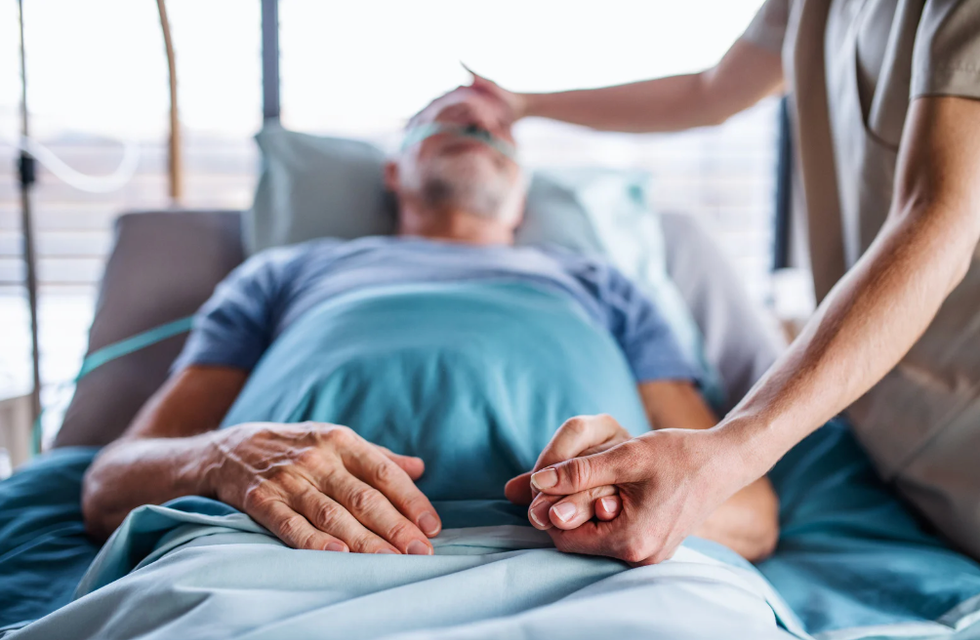 A new t-shirt could open up more hospital beds for patients.Photo credit: Canva
A new t-shirt could open up more hospital beds for patients.Photo credit: Canva Wearable solutions could be revolutionary.Photo credit: Canva
Wearable solutions could be revolutionary.Photo credit: Canva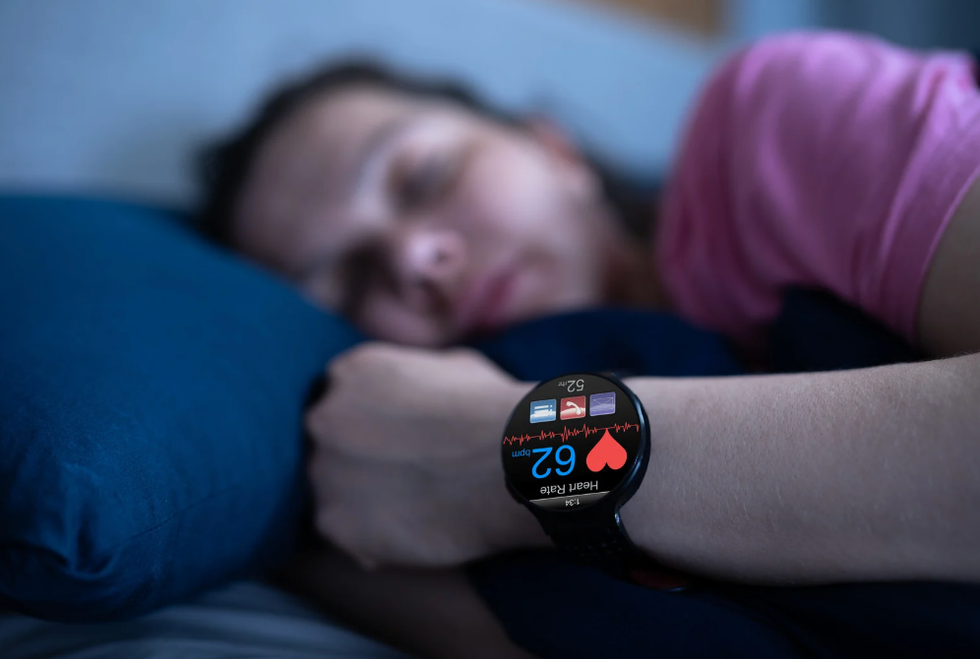 Many wearable tech devices could help you monitor your health.Photo credit: Canva
Many wearable tech devices could help you monitor your health.Photo credit: Canva